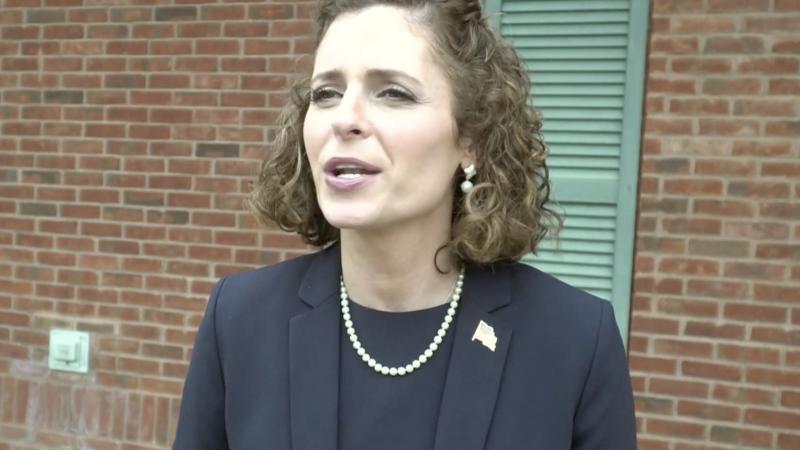California governor rejects fare evasion penalty cuts, citing transit crime
Earlier this year, transit authorities across the state sounded the alarm on budget shortfalls, noting poor downtown post-pandemic recoveries were resulting in decreased fare revenue and ridership.
California governor Gavin Newsom vetoed a bill that would have removed penalties for serial fare evasion, stating that he would not approve a bill that would increase crime aboard public transit and that most crimes on public transit are committed by fare evaders.
“Fare evasion continues to be an issue for transit operators across the state, costing them tens of millions of dollars per year. According to one operator, the bulk of crimes committed on the system are committed by people who have not paid a fare,” Newsom said in his veto letter. “I cannot take an action to reduce penalties on fare evasion that could, in turn, contribute to an increase in crime on transit.”
AB 819, authored by Assembly Majority Leader Isaac Bryan, D–Los Angeles, would have made a third or subsequent fare evasion no longer a misdemeanor under which an individual could be fined up to $400 or imprisoned in county jail for up to 90 days. Bryan, who has taken strong positions against any measures that could increase incarceration, also spearheaded opposition to SB 14, a bill ultimately signed into law by Newsom that makes trafficking minors a “serious felony” under the state’s so-called “three strikes” law for serious crimes.
“Studies from across the country have shown that fare enforcement disproportionately targets black and brown people, and they face harsher penalties when they are stopped,” wrote Bryan in his argument for the bill. “Removing harmful policies from state law will guide California into a more equitable future.”
Among the bill’s opposition was the Bay Area Rapid Transit system, which issued an opposition letter stating, “BART has data showing that the bulk of our crimes in the BART system are committed by people who have not paid a fare … The reduction of penalties included in AB819 will be in direct conflict with our mitigation efforts to address fare evasion and make it increasingly challenging for BART Police Officers to address other criminal activity in the system.”
Earlier this year, transit authorities across the state sounded the alarm on budget shortfalls, noting poor downtown post-pandemic recoveries were resulting in decreased fare revenue and ridership.
“Our transit agencies are already starting to see shortfalls, and that is only going to cascade,” State Senator Scott Wiener, D–San Francisco, who spearheaded emergency funding for transit agencies, said at a press conference. He also said funding and revenue cuts would result in “even more riders to leave the system because it's not reliable enough, leading to further cuts. It’s what we call a ‘death spiral.’”
However, poor downtown recoveries alone don’t explain the loss of riders, and thus revenue. In Los Angeles, public transportation ridership is only two thirds of pre-pandemic levels. Because the average LA Metro rider earns less than $50,000, it’s likely remote work only had a marginal effect on ridership. LA car registrations also declined between 2019 and 2020, while remaining stable in 2021, so it also appears that people were not purchasing more cars to avoid public transit. Instead, transit users began using cars they already owned or had access to for more trips. It’s likely, then, that transit-riding concerns — whether from COVID-19 or rising crime on public transit — drove riders who had access to cars to take fewer trips on public transit.
“One of the main reasons for struggling ridership, as news reports have shown, is a lack of safety, or at least a sense of lack of safety on board public transit systems,” said Steven Greenhut, Western Region Director of the R Street Institute to The Center Square. “Serial fare evaders are problematic for the systems and create a sense of disorder that discourages people from riding.”
In California, transit agencies typically have programs for low-income individuals to have low or zero cost access to public transit, such as Los Angeles’ “Low Income Fare Is Easy” (LIFE) program that provides free rides and heavily discounted transit passes.















